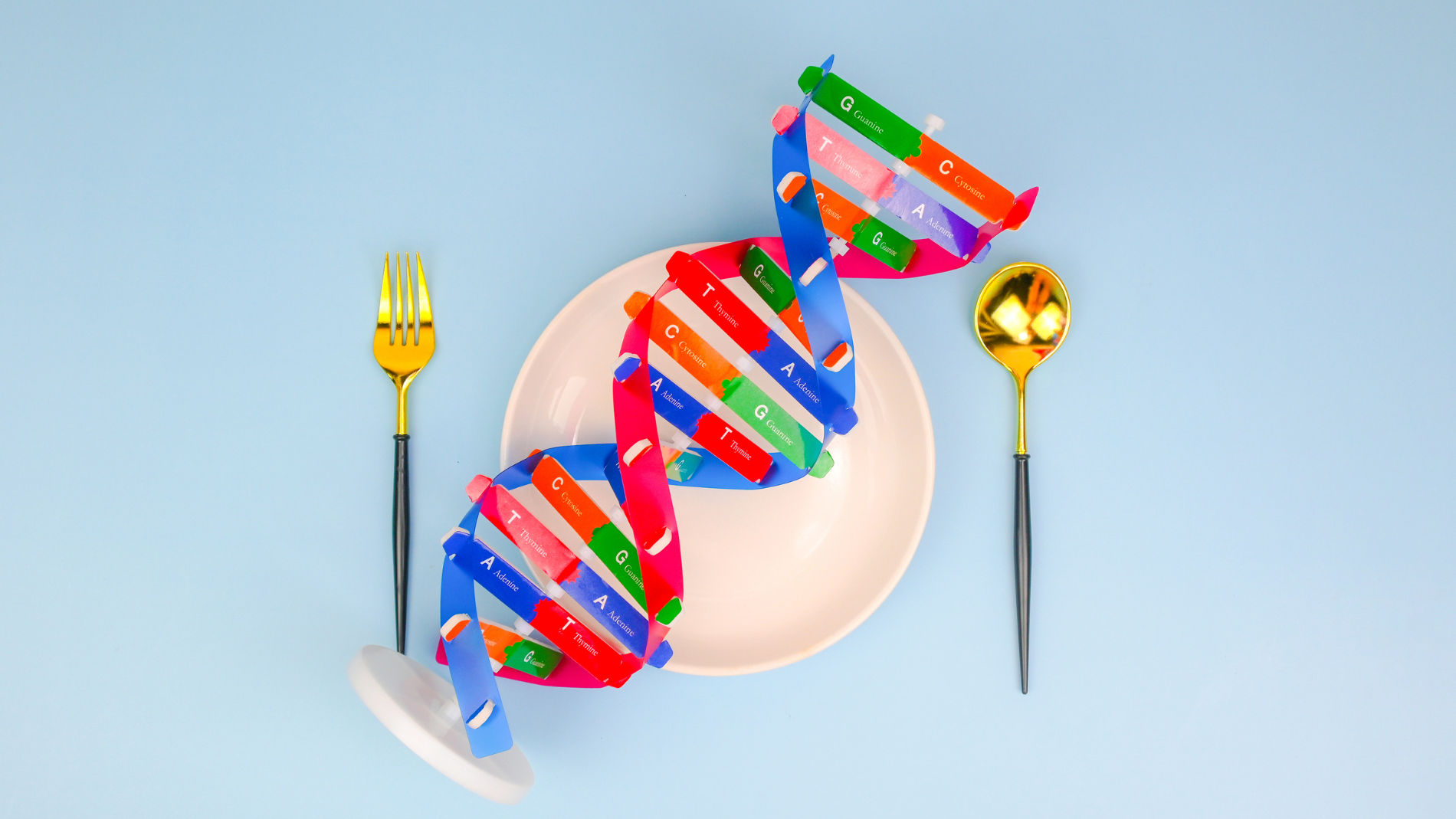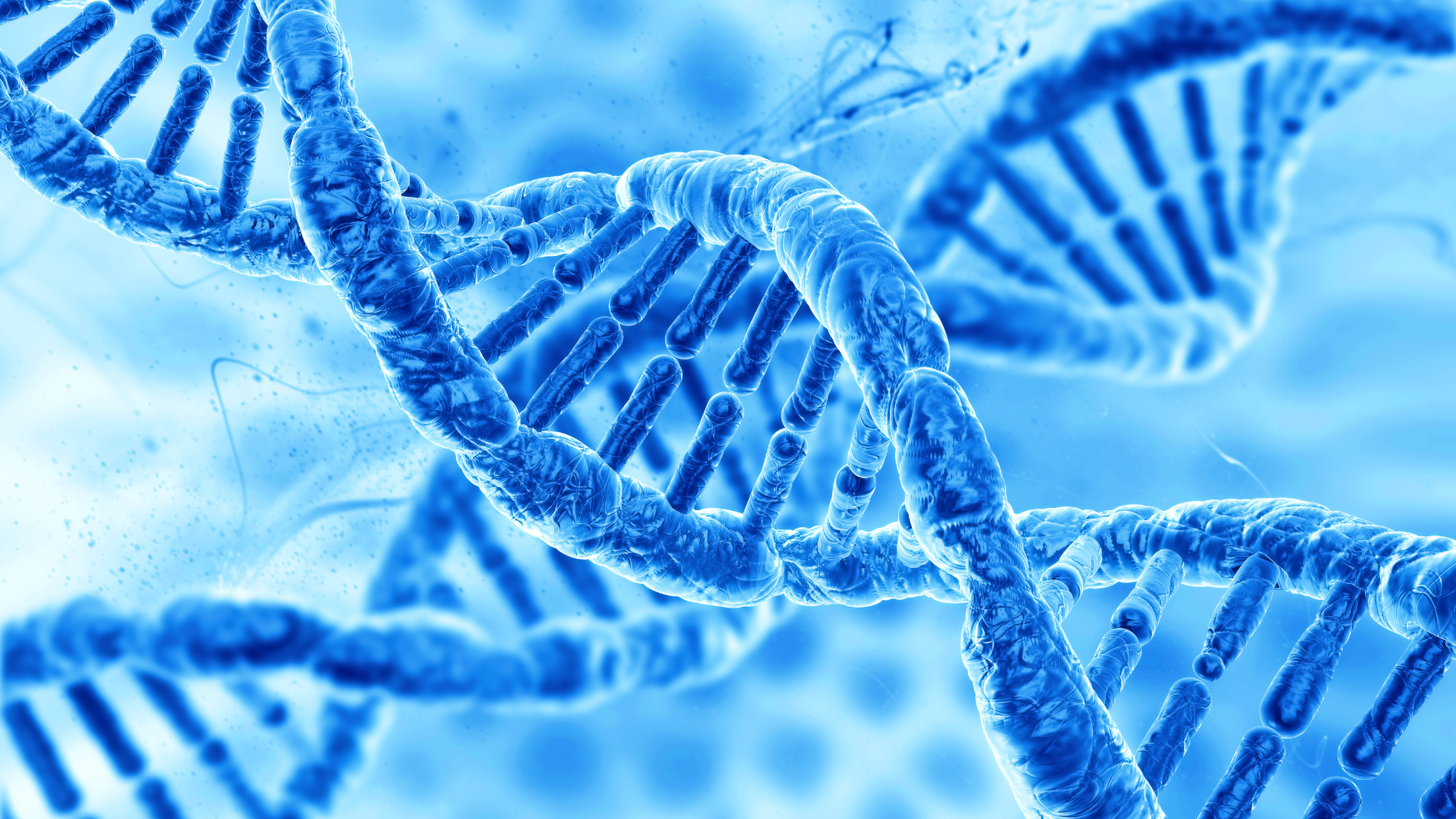How Nutrigenomics Testing Can Address Your Symptoms
Do you ever feel like you're not getting the answers you need from conventional medicine? The same old prescriptions and treatments just aren't cutting it? It might be time to consider a holistic and natural solution that could provide the answers you've been longing for.
Today, I want to introduce you to the world of nutrigenomics testing.
What is Nutrigenomics Testing?
Nutrigenomics is an innovative and pivotal branch of scientific research that dives into the relationship between our genetic makeup and the food we consume. This fascinating field of study is the result of a merger between two key scientific areas: "nutrition," which focuses on the study of nutrients in food and how our bodies use them, and "genomics," which is an intricate study of our genes, their functions, and their interplay with our overall health.
Simply put, nutrigenomics testing provides a comprehensive understanding of how the food we ingest interacts with our genetic material. This interaction can manifest in various ways, such as influencing the expression of certain genes, triggering specific metabolic pathways, or even predisposing individuals to certain health conditions.
The goal of nutrigenomics is to ultimately leverage this understanding to guide personalized nutrition strategies. By uncovering how our unique genetic profiles respond to different nutrients, we can tailor dietary plans to optimize health outcomes, prevent chronic disease, and enhance overall wellbeing. Thus, the interplay between nutrition and genomics becomes a powerful tool in the promotion of long-term health and wellness.
Nutrigenomics vs. Nutrigenetics: What's the Difference?
Nutrigenomics and nutrigenetics are two terms that can easily be confused, however, they each represent a distinct field of study within the realm of nutritional science. Nutrigenetics is a branch of genetics that examines how the genetic variations and differences we all possess influence our individual responses to the nutrients we take in through our diet. It is essentially the study that seeks to answer the question: "In what way does my unique genetic makeup determine how my body responds to the food and nutrients I consume?"
In contrast, nutrigenomics takes a slightly different approach. Instead of looking at how our genes affect our response to nutrients, it looks at how different foods and their constituent nutrients can influence our genes. Specifically, it studies how certain foods have the ability to activate or deactivate certain genes within our bodies, subsequently impacting our overall health and wellbeing. This field of study provides insights into how our diet can interact with our genes, and how this interaction could potentially affect our health.
Examples of Nutrigenomics
Nutrigenomics is a fascinating field that explores the interaction between your diet and your genes, and how this interaction affects your health. An example of nutrigenomics in action involves the gene MTHFR (methylenetetrahydrofolate reductase). This gene plays a crucial role in processing amino acids, the building blocks of proteins. Specifically, MTHFR affects how your body metabolizes and utilizes folate (vitamin B9), which is essential for DNA synthesis and repair, as well as the methylation process—a chemical reaction critical for a wide range of bodily functions including detoxification, energy production, and immune response.
Some people have a variation in the MTHFR gene that reduces its efficiency in processing folate. This inefficiency can lead to lower levels of folate in the body, which has been linked to a higher risk of conditions like heart disease, stroke, and certain types of cancer. It can also affect pregnancy health, leading to complications such as neural tube defects in infants.
Here's where nutrigenomics comes in: by understanding that you have this genetic variation through genetic testing, you can adjust your diet to manage this risk.
For individuals with an MTHFR variation, increasing the intake of dietary folate or taking supplements with the active form of folate (5-MTHF) can help bypass the metabolic roadblock caused by the gene variation, supporting proper folate levels in the body.
This dietary adjustment, informed by understanding one's genetic makeup, exemplifies the core of nutrigenomics—tailoring nutrition to fit your genetic profile to optimize health, prevent diseases, and manage existing conditions more effectively. It's a personalized approach to nutrition that goes beyond one-size-fits-all dietary guidelines, offering a pathway to more customized, effective health and wellness strategies.
The Benefits of Knowing Your Own Nutrigenomics
Understanding your personal nutrigenomics can truly be a revelation, opening up an entirely new dimension of wellness benefits for you. By carefully guiding your dietary choices based on the knowledge of your genetic makeup, it can provide a clear and personalized path towards understanding which foods are best suited to nourish your unique biology and which ones might be potentially detrimental to your health.
This isn't just another generic, one-size-fits-all diet plan. Instead, it's a highly personalized approach that takes into account your individual genetic blueprint. This means it's tailored to you, and you alone, offering a diet plan that truly respects and acknowledges your unique genetic profile. This level of personalization can result in a significantly improved health profile, amplifying your vitality and potentially contributing to a longer, healthier lifespan.
This kind of personalized approach to health and nutrition represents the future of wellness. It enables each of us to live our healthiest and most vibrant lives by making choices that are in perfect harmony with our unique genetic composition.
How Nutrigenomics Fits in with Functional Medicine Approach
Functional medicine is a form of alternative medicine that focuses on interactions between the environment and the gastrointestinal, endocrine, and immune systems. It involves an understanding of the origins, prevention, and treatment of complex, chronic disease and it advocates for patient-centered care.
In this context, nutrigenomics assumes a critical role. As functional medicine is all about understanding the root cause of diseases, nutrigenomics can provide valuable insights into how your diet interacts with your genes to influence your health. This understanding allows functional medicine practitioners, like Dr. Mary Regan, to develop a comprehensive and tailored strategy targeted at optimizing your health and preventing disease.
By integrating the knowledge from nutrigenomics into functional medicine, practitioners can better understand the individual’s unique genetic makeup. This leads to a more precise diagnosis, effective preventive strategies, and personalized treatment plans.
Book an Appointment Today!
Start your journey of discovery with nutrigenomics testing today! Uncover the unique interaction between your genes and your diet, and empower yourself with knowledge that could transform your health. Don't settle for the standard one-size-fits-all approach to medicine. Embrace the power of nutrigenomics testing. Book an appointment today and start the journey to a healthier you.
Meet the Team Who Dives into Nutrigenomics Testing with You!
Whitney George is an AFPA certified nutrition and wellness consultant and is a Certified Nutrition Specialist (CNS-C) candidate.
Rileigh Smith is a certified integrative nutrition health coach and a certified nutrition specialist.






